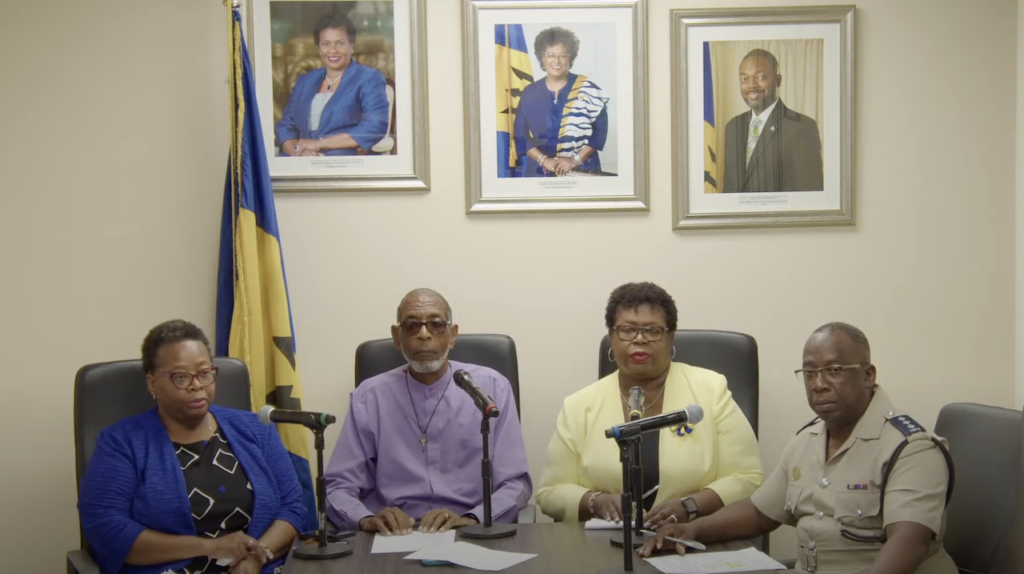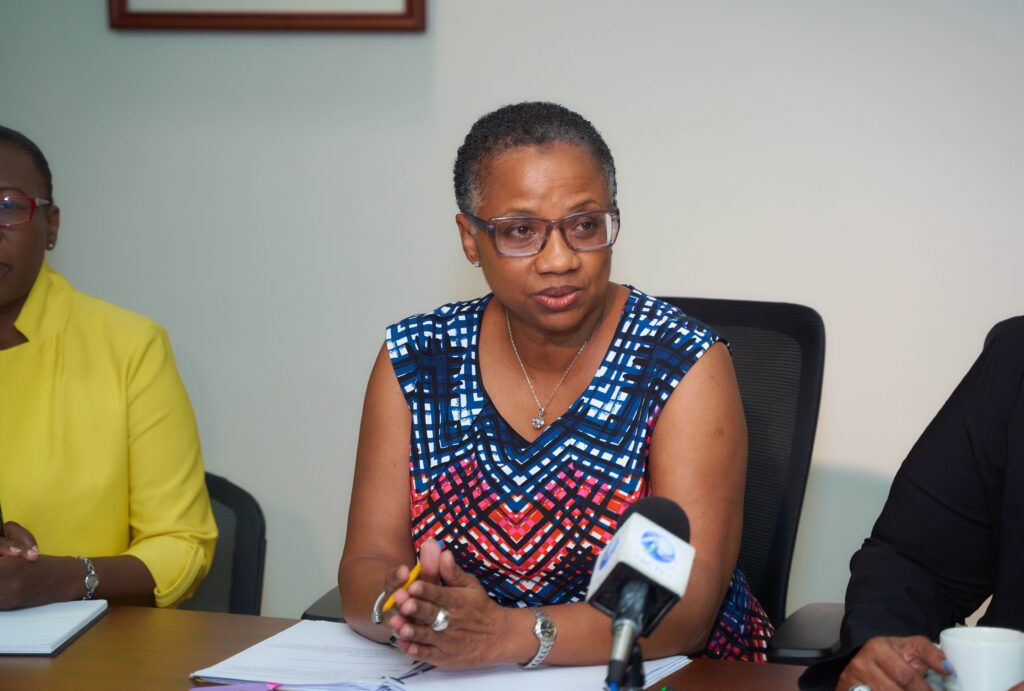The Queen Elizabeth Hospital’s Accident & Emergency Department (AED) is experiencing an unprecedented surge in patient numbers, prompting senior officials to urge Barbadians to take greater responsibility for their health.
Dr Corey Forde, the hospital’s head of clinical and diagnostic services, said that while the hospital has “surge plans” in place, the current influx is putting significant pressure on emergency services, with longer wait times becoming increasingly common.
Speaking on the QEH Pulse Radio Show, Dr Forde explained that whilst some increases in patient volume can be anticipated during specific outbreaks, many surges remain unpredictable.
“From time to time you have a cohort of people who come in for many different reasons,” he said. “It may be predictable if the country has, for example, a dengue outbreak or a gastroenteritis outbreak or something but then there are the unpredictable events… you may have a cohort of people who may come in at one time with strokes and heart attacks.”
The senior physician noted that the hospital typically experiences higher admission rates during this period, though he was unable to specify the cause.
“I can’t tell you why, but at this time of the year, we… often see a large influx of people into the hospital,” he said.
Dr Forde emphasised the crucial role of triage in managing emergency cases, asking the public to understand when priority is given to more critical patients. “I always give the example that I might come there and think that my [situation] is urgent but someone may really come in and have a massive… stroke,” he said.
In a statement issued earlier in the day, the QEH reported a significant increase in the number of patients turning up at the AED with various medical complaints, and it advised those whose cases were not urgent to seek medical care at other facilities or be prepared for an extended wait.
“Life-threatening conditions, under the AED’s Triage System, will continue to be seen and treated immediately. Other individuals who present to AED with conditions considered less urgent during the current surge will in some cases have an extended wait for treatment,” it said.
The hospital reminded the public about the other options for medical assessment and treatment. It said patients can call the Patient Advice and Liaison Service (PALS/Help Desk) at 536-4800 using regular or WhatsApp calls, between 9 a.m. and midnight, for medical personnel to give them an initial assessment and provide advice on their next course of action for treatment.
Addressing the root causes of emergency admissions, Dr Forde highlighted the impact of lifestyle choices and non-communicable diseases on the healthcare system.
“Health care is a reflection of you as an individual,” he said. “So whether you decide to eat crazy, do crazy things like drink lots of alcohol, destroy your liver… it is up to you.”
The post QEH A&E Department seeing significant increase in patients appeared first on Barbados Today.


